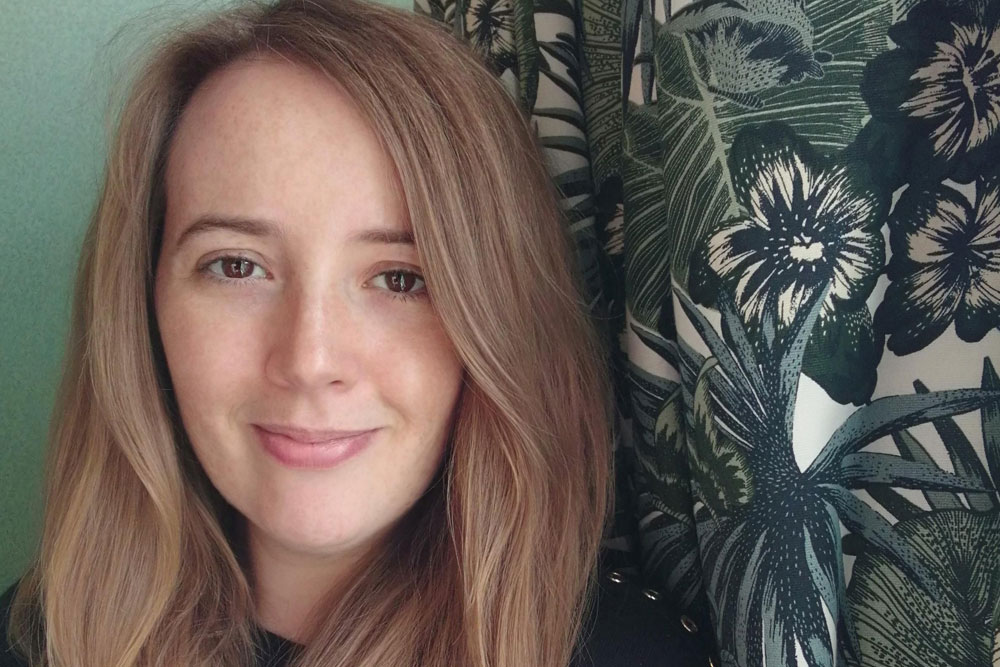
In this 'researcher in focus', we meet Dr Anna McKay, Leverhulme Trust Early Career Fellow in the Department of History, and discover her work researching prisoners across the British Empire.
Listen to Anna talk about her work in more detail in our 'Researcher in Focus' podcast:
Anna writes:
I research prisoners across the British Empire; these people seldom left a written record – we have to read between the lines of administrative records, newspapers, and letters to find their lives and experiences.
My PhD was an AHRC Collaborative Doctoral Project between the University of Leicester and the National Maritime Museum. The subject was prison hulks, repurposed warships christened ‘wicked Noah’s arks’ by Charles Dickens in Great Expectations.
These ships held convicts awaiting transportation to the Australian colonies across the eighteenth and nineteenth centuries – it’s a subject that really captures the imagination. My work compared the detainment of convicts on hulks with prison ships that housed war captives in the same period. In 2022, I was awarded the Royal Historical Society’s Alexander Prize for my article on convict corpses, ‘Allowed to die?’.
At the University of Liverpool, I’m undertaking a project called ‘Prisoners’ Progress’, about war captives between 1775-1815. Prisoners of war weren’t just naval or military captives – anyone crossing the ocean could be caught up in warfare – women, children, passengers, whalers, enslaved people.
This topic resonates with the stories we see today, of wartime displacement and refugees – ordinary people moving to find freedom and safety. Human stories help us see patterns, and understand how we got here. I’m using digitised prisoner registers to trace journeys across oceans. This year, I’ve been a visiting fellow at the American Revolution Institute in Washington DC, and am heading to Yale’s Beinecke Library in the summer for a library fellowship.
In 2023, the British government took steps to house asylum seekers on the Bibby Stockholm ship in Dorset. The decision owes a debt to history; then, like now, prison hulks were used to save money, act as a deterrent and provide a stopgap for a housing crisis – but they were used for more than 80 years. I wrote press articles for The Guardian, Financial Times and New Statesman exposing the historical parallels between hulks and ‘detainment barges’, and wrote a policy paper for History and Policy.
I really enjoy all aspects of public history – I want my research to be available to everyone. When I applied for my PhD, I didn’t have institutional access to journals and e-books, I found out what I could from my local library, and online. I’ve appeared on BBC Radio 3’s Free Thinking, BBC Sounds Podcast Killing Victoria, and written for BBC History Magazine, RTÉ Brainstorm, amongst others. This year, I was also a finalist for the BBC/AHRC’s New Generation Thinkers Scheme.
Across my academic career, I’ve picked up various interesting examples of the ways in which ships have been modified to suit our changing needs – warships can transform into hospitals, prisons, and warehouses. This year my book proposal ShipShapes: The Transformations and Afterlives of Britain’s Ships was shortlisted for Profile Books’ Ideas Prize, for the best debut trade non-fiction proposal. I’m excited tell the story of the strange and inventive ways we transformed our nation’s ships, and how they steered us into a modern world.
Read more on Anna's staff page and on her website.